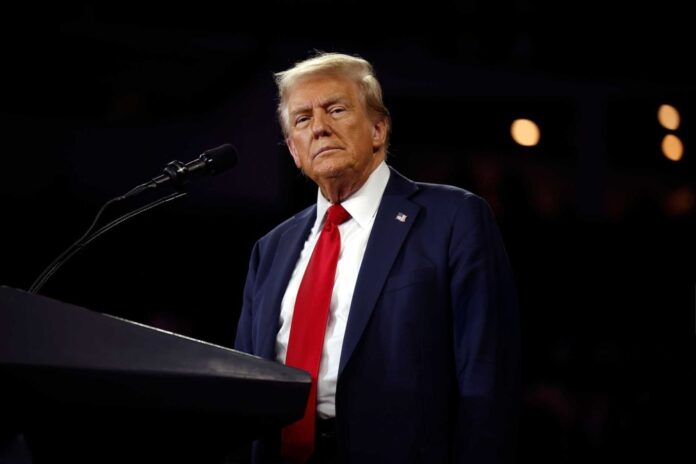The Donald Trump administration continues to roll back oversight of digital assets. In this context, the U.S. Department of Justice (DOJ) has disbanded the National Cryptocurrency Enforcement Team (NCET), a key unit in the investigation and prosecution of cryptocurrency-related crimes, according to a Fortune report based on an internal memo.
The dissolution of the NCET, effective immediately, marks a significant shift in crypto regulation under the Trump administration, moving away from the more restrictive approach of his predecessor, Joe Biden.
In the memo, Deputy Attorney General Todd Blanche emphasized that the DOJ “is not a regulator of digital assets” and criticized the “regulation by enforcement” model used in the past. Blanche linked the decision to Trump’s January 2025 executive order, which aims to provide greater “regulatory clarity” to the crypto sector.
The DOJ will now focus its efforts on prosecuting individuals who harm digital asset investors but will avoid actions against exchanges, mixers such as Tornado Cash, and offline wallets.
Change of Focus in Crypto Regulation
The NCET, created in 2021 under Biden, spearheaded high-profile investigations, including the Tornado Cash case, the $100 million attack on Avraham Eisenberg’s trading protocol, and money laundering operations by North Korean hackers.
However, its dissolution reinforces Trump’s strategy of fostering a more crypto-friendly business environment, fulfilling one of his main campaign promises.
In January 2025, Trump established the President’s Working Group on Digital Asset Markets, chaired by David Sacks, who leads crypto and artificial intelligence policies at the White House. This team’s mission is to develop a federal framework for digital assets by July 2025.
Since Trump’s return to the presidency, the SEC has changed its stance, abandoning the strategy of “regulation by enforcement” and closing investigations into large crypto platforms such as Coinbase without taking further action.
In addition, the SEC now seeks to provide greater legal certainty regarding digital assets. Commissioner Hester Peirce recently stated that meme coins do not fall under the agency’s jurisdiction, while last week the SEC confirmed that stablecoins will not be classified as securities.
For its part, the Office of the Comptroller of the Currency (OCC) has reversed previous restrictions on banks engaged in cryptocurrency-related activities, reducing regulatory barriers and consolidating a more favorable stance toward the sector.



